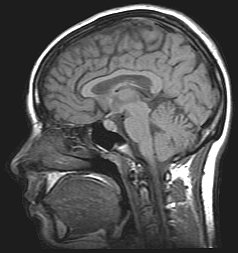Alzheimer's Disease and Race

By: Seda Shirinian, Michelle Lajoe, and Joey Narez
A podcast about how Alzheimer’s disease intersects with race and socioeconomic status.
Listen Now:
Or read the transcript instead.
From the podcast:
“Race may play less of a factor in risk for Alzheimer’s, but racism and culture can affect how people experience Alzheimer’s. Though race is a social construct, racism has very real consequences. Minority populations often face discrimination and implicit bias by physicians ( Feagin & Bennefield, 2014). Furthermore, minority populations may feel uncomfortable disclosing information to their healthcare provider because of the long history of racial abuse by the medical community ( Feagin & Bennefield, 2014) . Lack of access to culturally appropriate care can also decrease quality of care (Chin, Alexander L et al., 2011). This idea can help us understand that while racial differences in health are called health disparities, they may be better understood as health inequalities.
More needs to be done to address differences in access to healthcare and treatment by healthcare providers. Different cultures can affect how people experience Alzhiemer’s. Different concepts of aging lead to different ideas of what normal aging is. For example, a study suggested that African Americans tend to view the symptoms of Alzheimer’s as more similar to the signs of early aging (Chin, Alexander L et al., 2011). However, religious views may change how people view Alzheimer’s, as some may view the onset of Alzheimer’s as an act of God (Chin, Alexander L et al., 2011). Additionally, caretakers of Alzhiemer’s patients can change how the disease is experienced. Within minority communities, Alzheimer’s patients are more likely to be taken care of by family members (Napoles, Anna M et al., 2010).
These concepts help us understand that though racism and culture plays a part in understanding how Alzheimer’s is experienced, race is not a good biological variable for understanding differences in Alzheimer’s risk. However, that doesn’t mean that more diverse populations aren’t needed in Alzheimer’s research.”
comments powered by Disqus